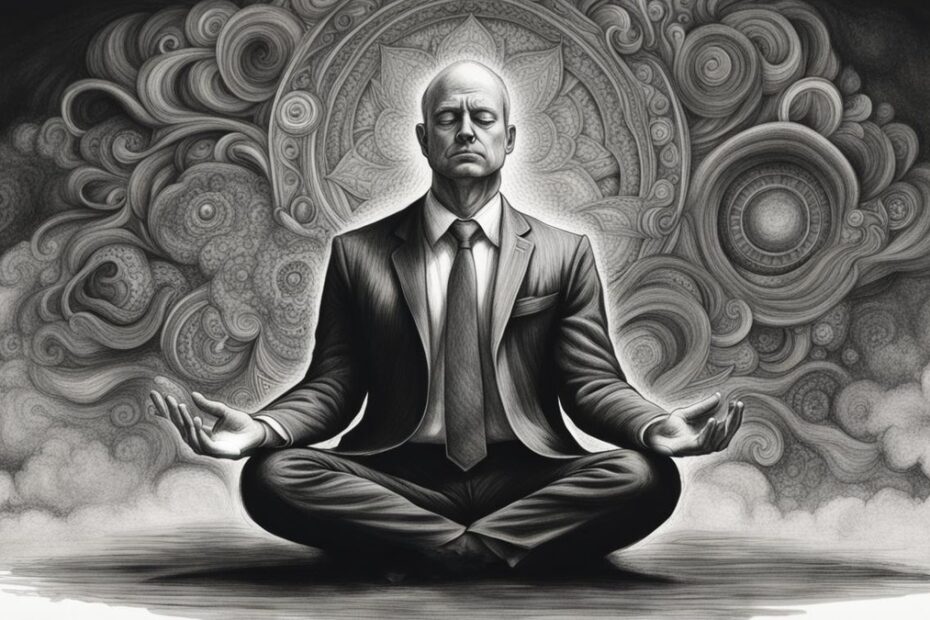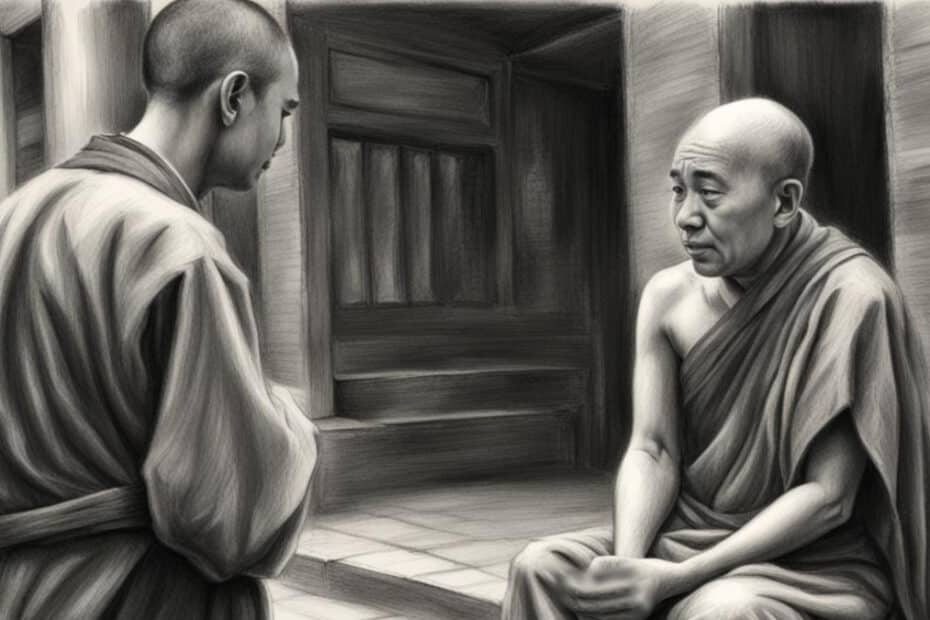An Exercise In Forgiveness—To Help You Let Go Of Anger and Find Peace
Excerpt: Forgive—even if the relationship isn’t one you want to save. Not so you can let people off the hook, but so you can cultivate inner peace.
Read More »An Exercise In Forgiveness—To Help You Let Go Of Anger and Find Peace



